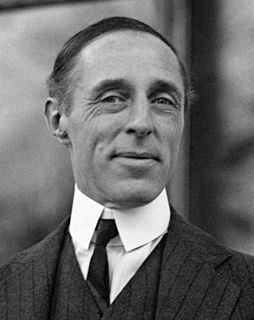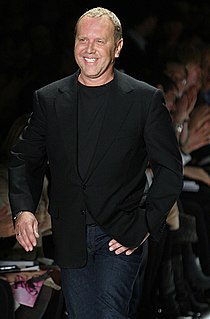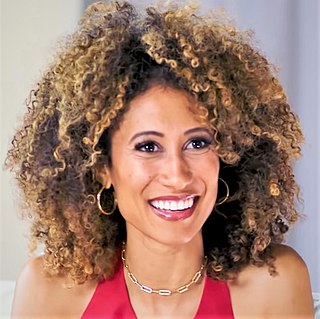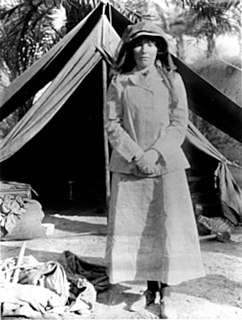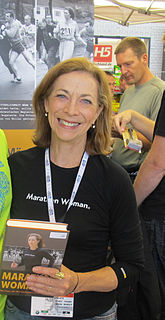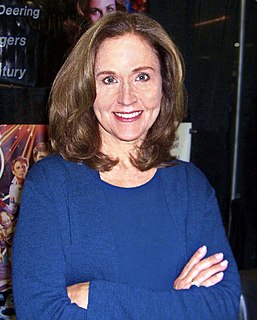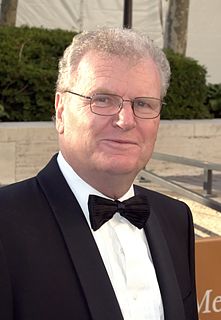A Quote by Amma Asante
When I look in the mirror I see the woman I knew I wanted to be as a child. When I was a young girl, I had a vision of the woman I wanted to be. And I often reached out to women of color in America for inspiration. My mother would regularly buy Essence and Ebony. I would look at those magazines filled with images of professional, intelligent women of color who knew who they were, who enjoyed who they were, and who were surrounded by other people who enjoyed who they were. When I look in the mirror, I'm really glad that that's what I see today, but it took awhile to get here.
Quote Topics
America
Awhile
Buy
Child
Color
Enjoyed
Essence
Filled
Get
Girl
Glad
Had
Images
Inspiration
Intelligent
Intelligent Women
Knew
Look
Magazines
Mirror
Mother
Often
Other
Out
People
Professional
Reached
Really
Regularly
See
Surrounded
Those
Today
Took
Vision
Wanted
Were
Woman
Women
Would
Young
Young Girl
Related Quotes
What I wanted to do was put a woman of color, front and center, in my movie combining a lot of themes that were relevant to both men and women. I actively wanted her to carry the weight of this movie because I'm a woman. And I actively wanted to explore many of the issues that affected her as a woman of color. That was very important to me. And although these issues affect some women of color, I don't think they're only of interest to women of color. They're of universal interest.
It just struck me as really odd that there were all of these conversations going on about what young women were up to. Were young women having too much sex? Were young women politically apathetic? Are young women socially engaged or not? And whenever these conversations were happening, they were mostly happening by older women and by older feminists. And maybe there would be a younger woman quoted every once in a while, but we weren't really a central part of that conversation. We weren't really being allowed to speak on our own behalf.
I've never been interested in dressing one woman. What's interested me was to have a philosophy. It hasn't been important to put a woman in a blue dress. I wanted to dress women who wanted to look at themselves. To stand out. To be women who were not part of the crowd. A woman who fights and advances.
When I was in high school in the early 1970s, we knew we were running out of oil; we knew that easy sources were being capped; we knew that diversifying would be much better; we knew that there were terrible dictators and horrible governments that we were enriching who hated us. We knew all that and we did really nothing.
In the Eighties, the landscape was changing. No one knew if they had a future. It's not like now. There was no satellite. Kids were still out on the streets playing all the time. For me, it was the last great hurrah! People don't take those chances anymore. Everyone's far too reserved. Men look like women, women look like men.
Until quite recently I've been wholly cut off from [the Shias] because their tenets forbid them to look upon an unveiled woman and my tenets don't permit me to veil Nor is it any good trying to make friends through the women - if they were allowed to see me they would veil before me as if I were a man. So you see I appear to be too female for one sex and too male for the other.
Women sometimes really love to look at other beautiful women on the screen. But they don't look at a woman the way a man looks at a woman. They want to be that woman. They like if a woman is beautiful or sexy, especially if she's powerful. They like to see her catch a man, or to be powerful in the world. I think this is why a lot of women love noir films and classic films because they can really identify with these really strong, beautiful women. That's the kind of power that women have lost culturally.
When I finished the Boston race in 1967, there were two things I wanted to do. I wanted to become a better athlete because my first marathon was 4:20. In those days, that was considered a jogging time and I knew people were going to tease me. But I was more fascinated with what women could do if they only had the chance.
When color TV arrived, it just sat there and you saw color. I've been to retail stores where there were no 3-D glasses at all and the 3-D images were all blurred. People were coming in and saying, 'I don't want to buy that.' There's a lot of marketing connected to introducing technologies and especially introducing new experiences.
When color TV arrived, it just sat there and you saw color. I've been to retail stores where there were no 3-D glasses at all and the 3-D images were all blurred. People were coming in and saying, "I don't want to buy that." There's a lot of marketing connected to introducing technologies and especially introducing new experiences.
If intelligence were a television set, it would be an early black-and-white model with poor reception, so that much of the picture was gray and the figures on the screen were snowy and indistinct. You could fiddle with the knobs all you wanted, but unless you were careful, what you would see often depended more on what you expected or hoped to see than on what was really there.

